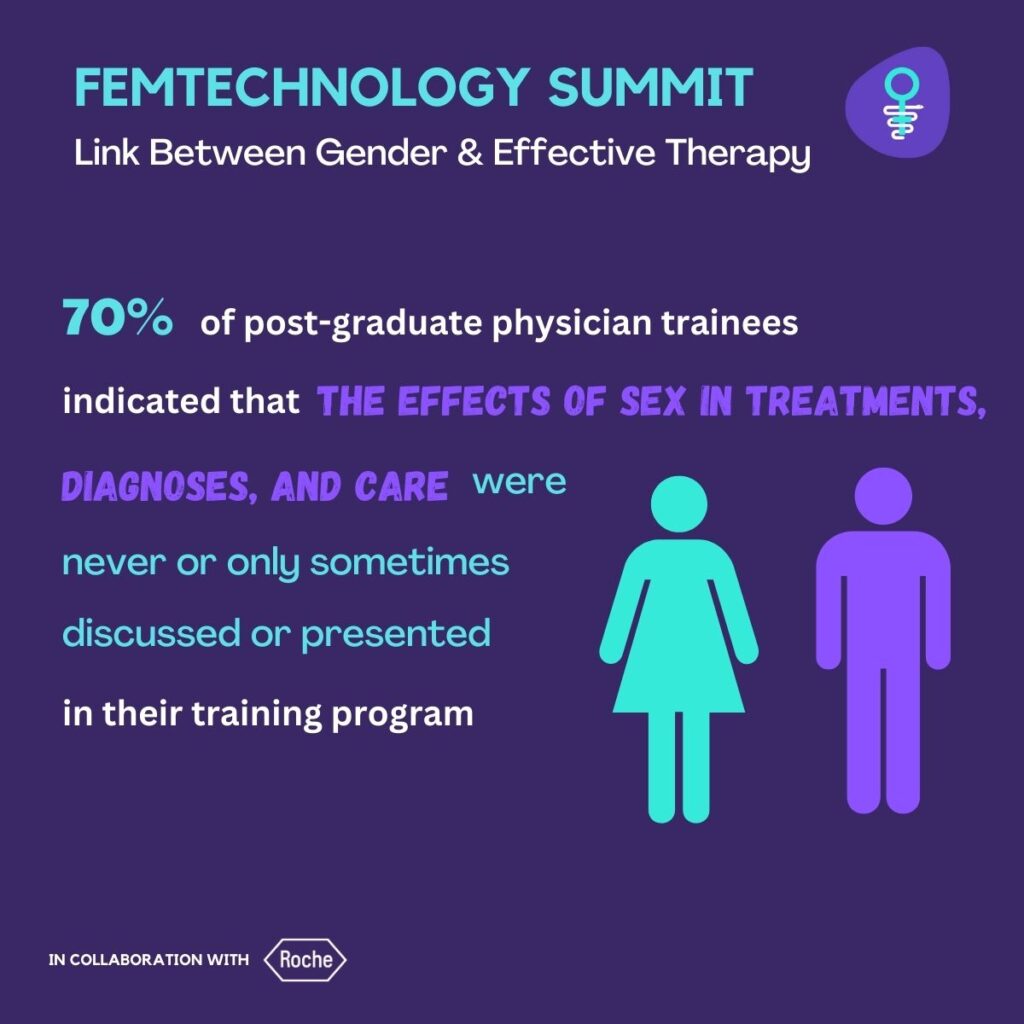
Gender is a crucial factor in determining health and illness. Doctors who are aware of gender can contribute to equity and equality in health, ultimately aiming towards better health for both men and women. However, gender has been largely ignored in medicine, which is still largely based on the white, 70 kg male model.
This lack of gender awareness can be felt in research and education, severely impacting women’s health worldwide. For example, optimal doses of heart failure medication differ between women and men. Women typically require half the dose of men, and increasing the dosage can lead to more adverse drug reactions. Unfortunately, these differences are not usually included in guidelines, and women have 1.5 times more adverse drug reactions compared to men.
Despite this common issue, gender concepts are not typically integrated into most medical education. Surveys show that over 70% of post-graduate physician trainees rarely encounter gender concepts in didactic lectures or clinical teaching, even though over 65% feel that gender medicine concepts are important. More than 60% of respondents believe that gender medicine curriculum should be implemented and taught in clinical programs.
FemTechnology Summit – Workshop on the Link Between Gender and Effective Therapy
For the FemTechnology Summit Workshop on the Link Between Gender and Effective Therapy in Medicine, in collaboration with Roche, we would like to explore the following questions:
What are the most underrated differences that should be accounted for in physician practices, insurance models, and research? Going forward, how can we ensure gender is more effectively incorporated into therapeutic and diagnostic strategies?
Introducing Celina Gorre
 We are thrilled to announce that Celina Gorre, CEO of WomenHeart: The National Coalition for Women with Heart Disease, will be the facilitator for the FemTechnology Summit Workshop on the Link Between Gender and Effective Therapy in Medicine in collaboration with Roche.
We are thrilled to announce that Celina Gorre, CEO of WomenHeart: The National Coalition for Women with Heart Disease, will be the facilitator for the FemTechnology Summit Workshop on the Link Between Gender and Effective Therapy in Medicine in collaboration with Roche.
Celina has more than 15 years of experience in global health, corporate social responsibility, and research funding. She served as executive director of the Global Alliance for Chronic Diseases (GACD) and managing director of the Foundation for the United Nations Global Compact. She also worked in the field with United Nations Populations Fund and UNICEF in Angola as a senior HIV/AIDS advisor. Gorre consulted the government of Angola on its HIV strategy, child survival, and nutrition programs, and local companies on their social and community investments.
Gorre also has extensive experience developing health and social programs for multinational companies. She has worked for the Global Business Coalition on HIV/AIDS, Tuberculosis, and Malaria (now GBCHealth), guiding companies such as Nike, Volkswagen, Colgate, American Express, and Chevron, on their strategy implementation for employees, consumers, and communities. She holds a Bachelor’s degree in psychology and a Master’s in Public Health in epidemiology, both from UCLA, and a Master’s in Public Administration from Harvard University.
Join us in Basel, Switzerland June 6th and 7th!
